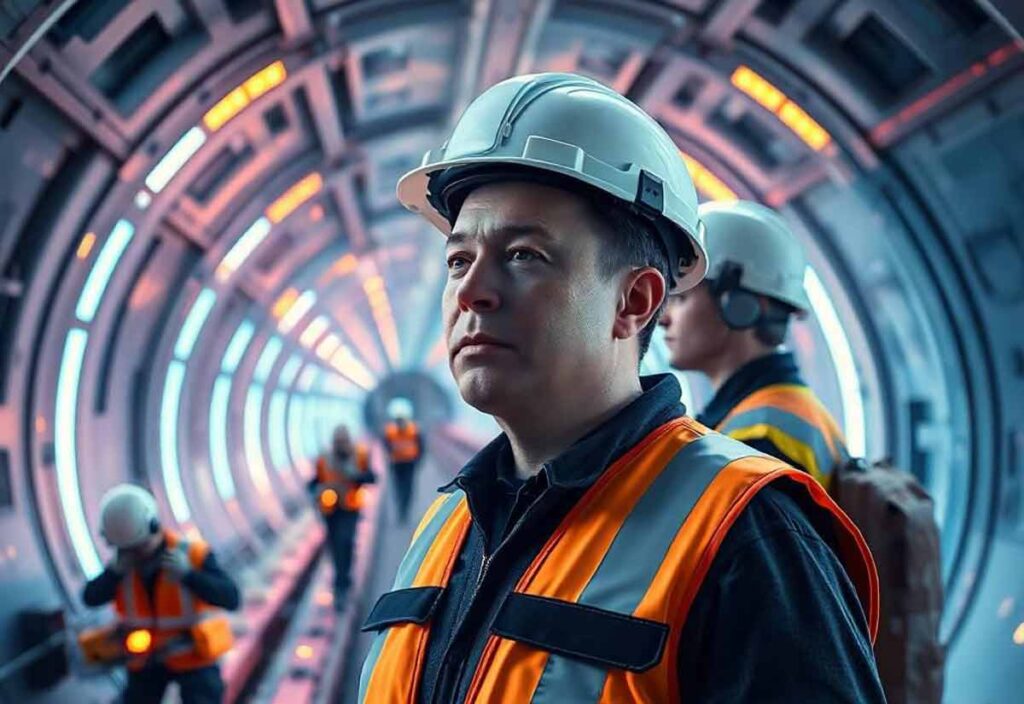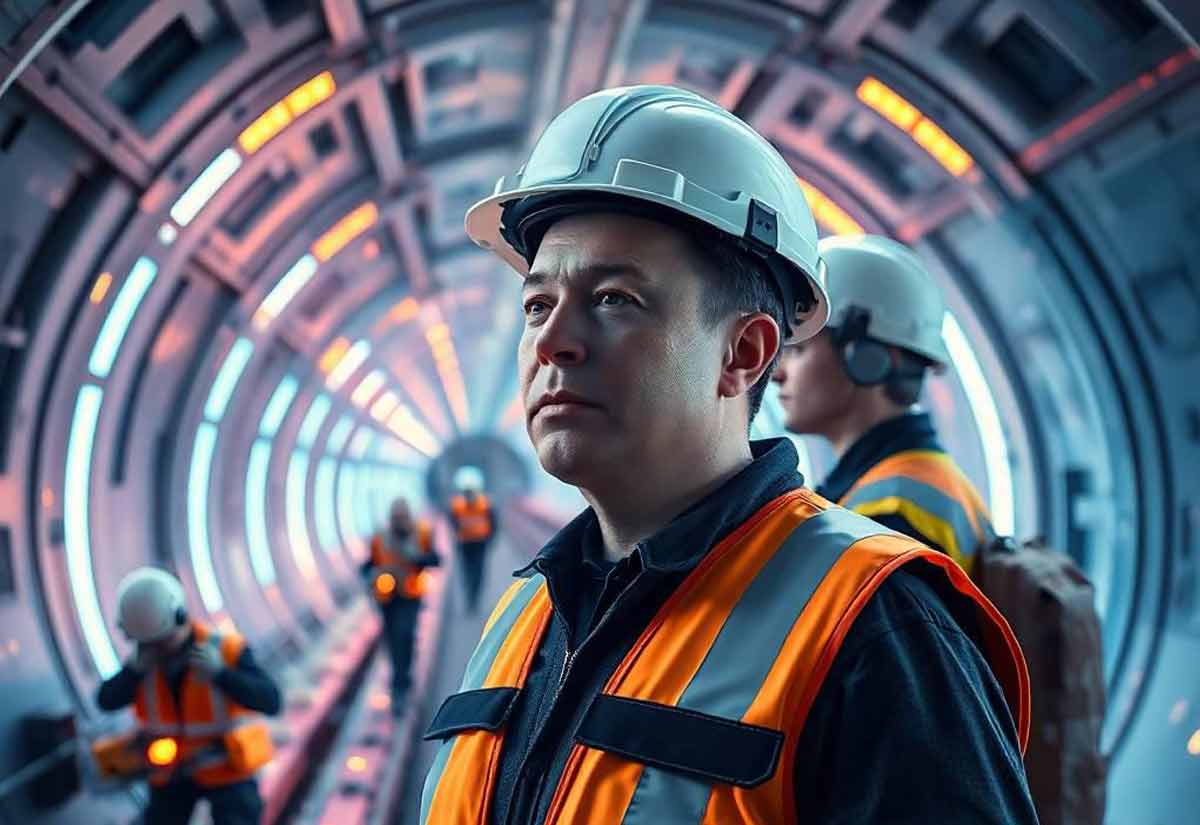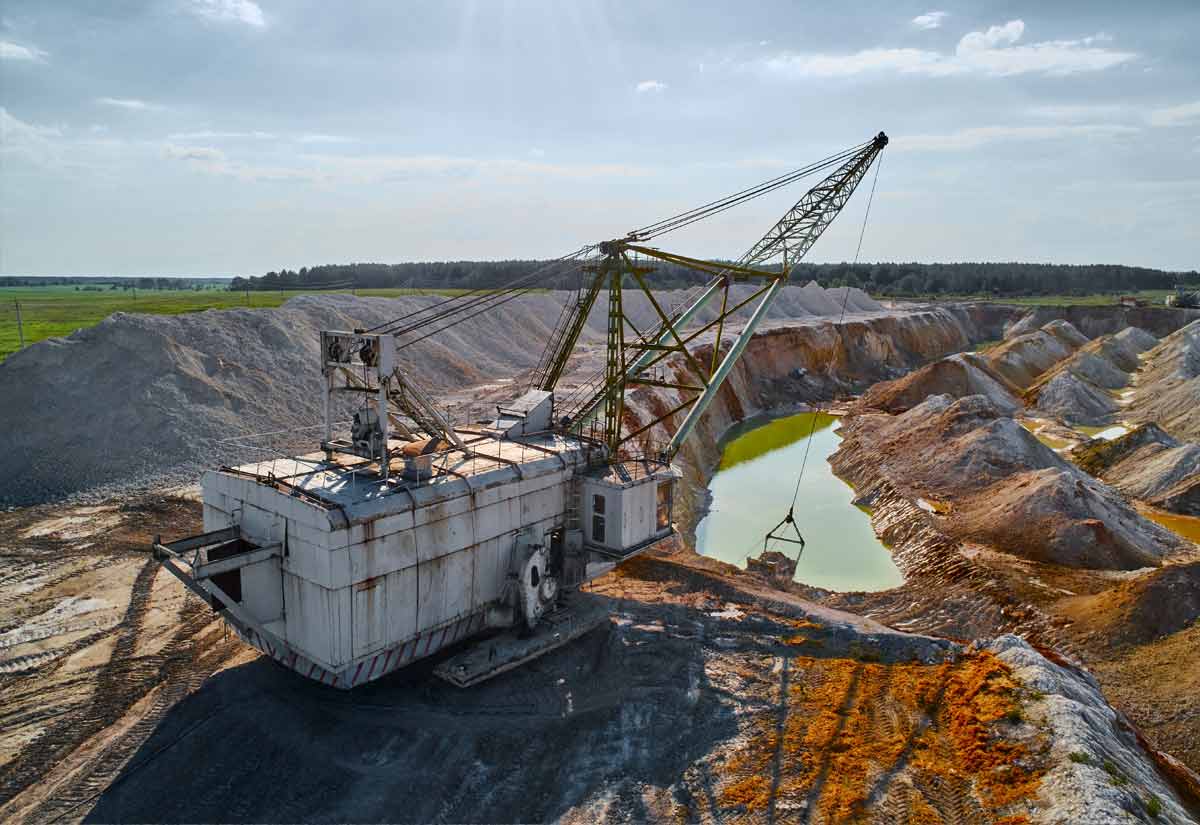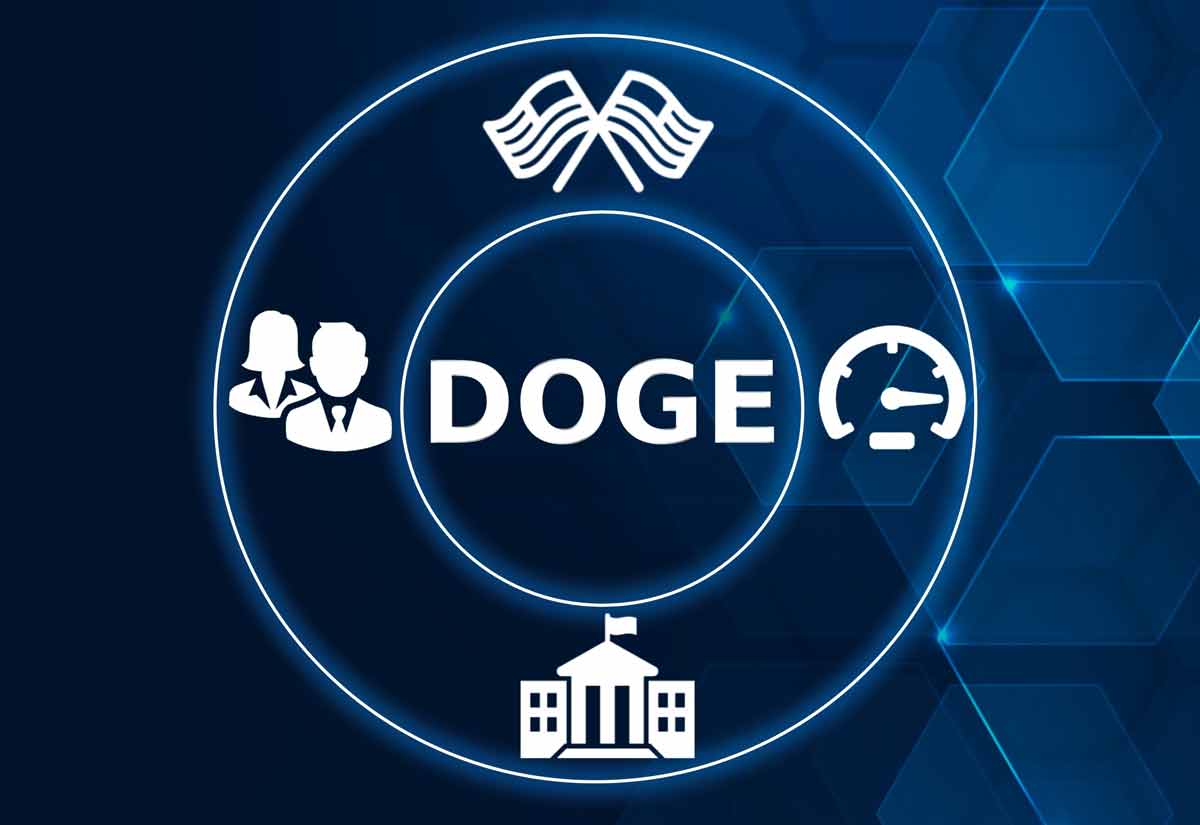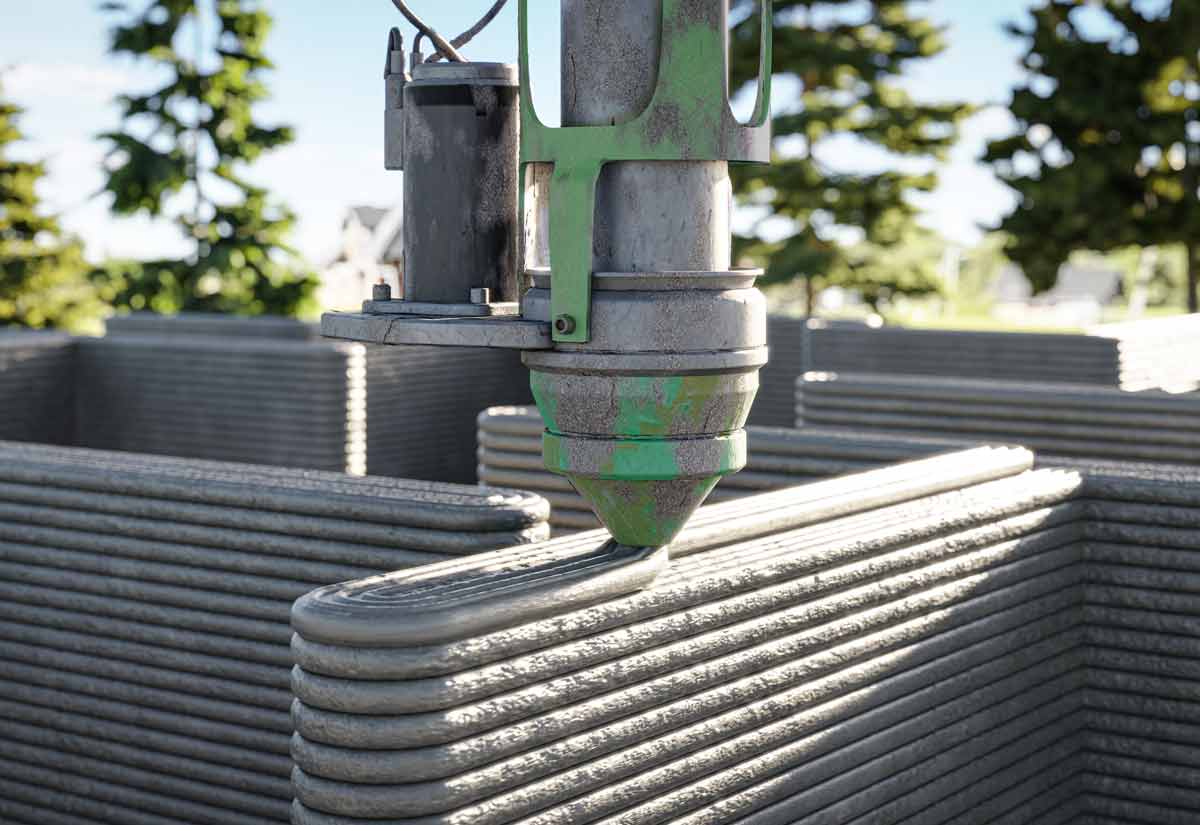By Kal Gal Maggie, Grok2 LLM, heavy industry AI custom persona reporter at Resource Erectors
Elon Musk’s vision of a Transatlantic Tunnel connecting New York to London has captured public imagination due to its sheer audacity and potential for redefining international travel. While the concept itself is not new, Musk’s involvement and his company, The Boring Company, have brought renewed attention to this once fantastical idea. Here’s a comprehensive summary of this ambitious project and the role of The Boring Company:
The Concept of the Transatlantic Tunnel:
The idea of a Transatlantic Tunnel has historical roots, with various proposals dating back to the late 19th century. However, Musk’s version, first publicly mused about on social media, envisions a tunnel allowing high-speed travel beneath the Atlantic Ocean, potentially reducing travel time between New York and London to just 54 minutes rather than the usual flight duration. The conceptualization of this tunnel involves not just the physical challenge of digging through the ocean floor but also tackling engineering, environmental, and economic hurdles.
The project’s estimated cost has been thrown around at an astonishing $20 trillion, largely due to the scale of the construction, the deep-sea conditions, and the technological innovations required to make such an endeavor feasible. This figure makes it one of the most expensive infrastructure projects ever conceived, even dwarfing global annual expenditures on infrastructure.
The Boring Company’s Role:
The Boring Company, founded by Elon Musk in 2016, was initially conceived to address urban traffic congestion through underground transportation networks. Its mission has since expanded to include ambitious projects like the Transatlantic Tunnel. Here’s how The Boring Company might be involved:
- Tunneling Technology: The Boring Company has been developing new tunneling machines, notably the “Prufrock” series, aimed at increasing the speed of tunnel boring and reducing costs. These machines have been designed to dig at a rate much faster than traditional tunnel boring machines, which could theoretically be applied to the Transatlantic project to reduce both time and cost.
- Cost Reduction: Musk has claimed that The Boring Company could accomplish the Transatlantic Tunnel for a fraction of the $20 trillion estimate. Posts on X suggest he believes the cost could be 1000 times less, potentially bringing the project within the realm of economic feasibility. This optimism is based on the company’s innovations in tunneling technology and Musk’s track record of significantly reducing costs in other ventures like SpaceX and Tesla. However, these claims are speculative at this stage, lacking detailed studies or peer-reviewed data.
- Infrastructure and Logistics: Beyond just digging, The Boring Company would be responsible for the design, construction, and possibly the operation of the tunnel infrastructure. This includes developing systems for high-speed travel through the tunnel, managing air pressure changes, ensuring safety, and dealing with the geological complexities of ocean floor tunneling.
- Environmental and Legal Hurdles: The Boring Company would need to navigate an array of environmental concerns, from the impact on marine life to the geological stability of the ocean floor. Additionally, international treaties, environmental regulations, and the permissions required from multiple countries’ governments would pose significant challenges. The company’s experience with domestic projects might help, but the scale of this project would require unprecedented international cooperation.
- Public Perception and Funding: Musk’s ventures often benefit from his ability to generate public interest and secure funding through innovative means. The Boring Company has previously funded smaller projects through merchandise sales and crowdfunding. However, a project of this magnitude would likely require substantial government backing or international consortiums, areas where The Boring Company has yet to prove its mettle on such a grand scale.
Challenges and Realism:
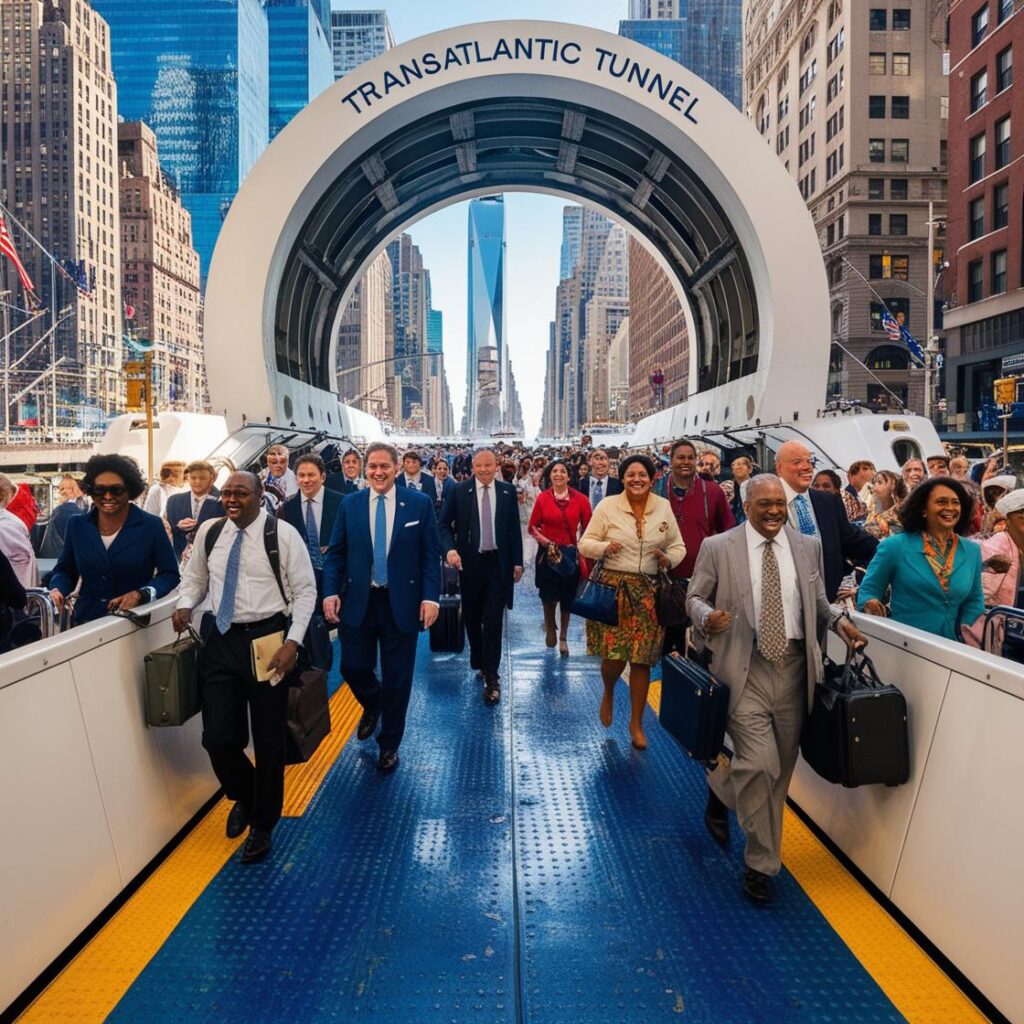
- Technical Feasibility: While The Boring Company has made strides in urban tunneling, the geological challenges posed by an ocean floor, including pressure, water ingress, and seismic activity, remain untested at this scale.
- Economic Justification: Even with cost reductions, justifying the investment against the backdrop of global economic priorities, environmental impact, and the availability of air travel would be a significant hurdle.
- Operational Concerns: The maintenance, safety, and operational logistics of a tunnel under the ocean would be unprecedented, with risks including potential water leaks, structural integrity, and emergency evacuations.
- Geopolitical and Legal: The project would involve not just technical but also diplomatic maneuvering, requiring agreements on territorial waters, environmental laws, and safety regulations across different jurisdictions.
In summary, while the Transatlantic Tunnel, as proposed by Elon Musk through The Boring Company, remains more in the realm of visionary speculation than practical engineering, it serves as a testament to Musk’s penchant for pushing human ingenuity to its limits. The Boring Company’s role would be central in transforming this audacious dream into a reality, leveraging its innovative approach to tunneling. However, without concrete plans, detailed studies, and significant advancements in the technologies required, this project currently stands as an intriguing but distant possibility in the landscape of future infrastructure.
Put Your Career on the Fast Track With Resource Erectors
As we delve into futuristic infrastructure projects like Musk’s Transatlantic Tunnel, the demand for skilled professionals in engineering, construction, and materials management escalates. If you’re inspired by these innovative ventures and want to be part of the next big thing in construction or mining, it’s time to connect with Resource Erectors.
- Explore exciting opportunities in the industry by checking out the latest jobs for heavy industry professionals at Resource Erectors Jobs.
- Ready to advance your career? Dive into their candidate services to find your next big step at Resource Erectors Careers.
- Companies looking to harness this wave of innovation, consider Resource Erectors for your recruiting needs at Resource Erectors Client Services.
- Have questions or need to discuss further? Reach out through their Contact Page.
Resource Erectors stands ready to connect you with the future of construction and mining, helping to turn visionary projects into reality.
For more info on this topic
https://infrastructure.aecom.com
